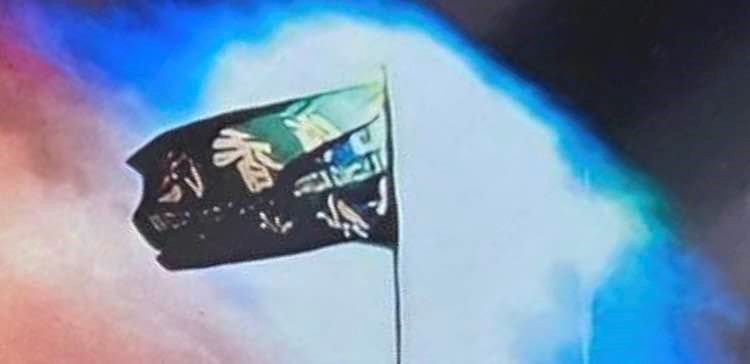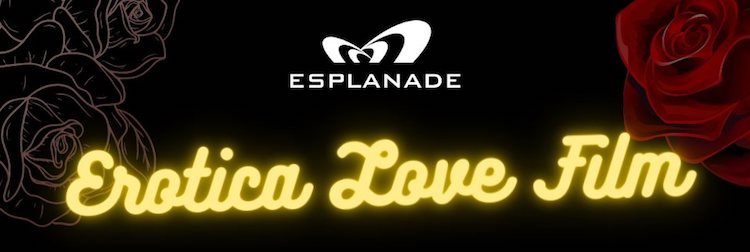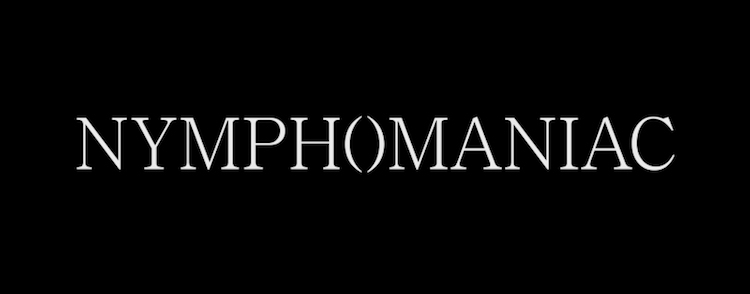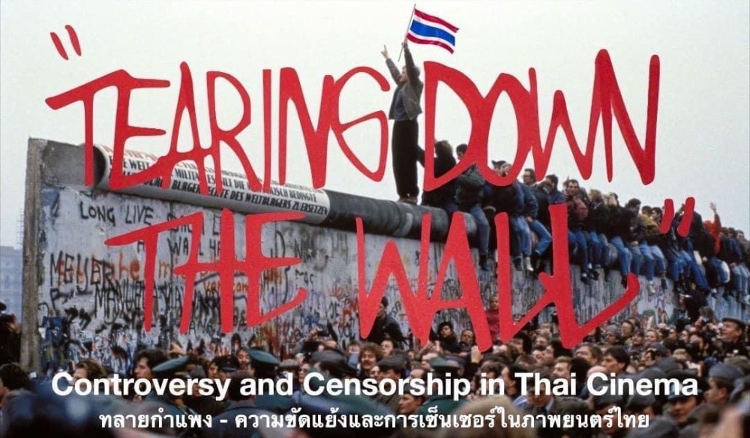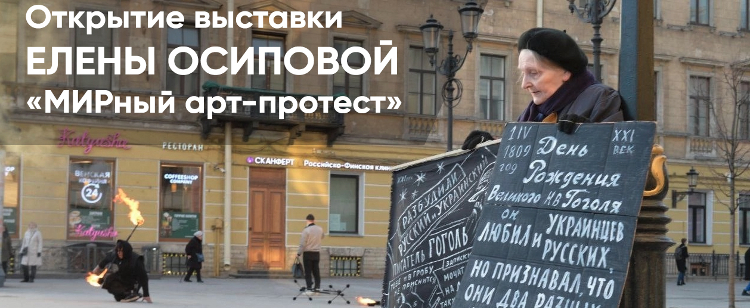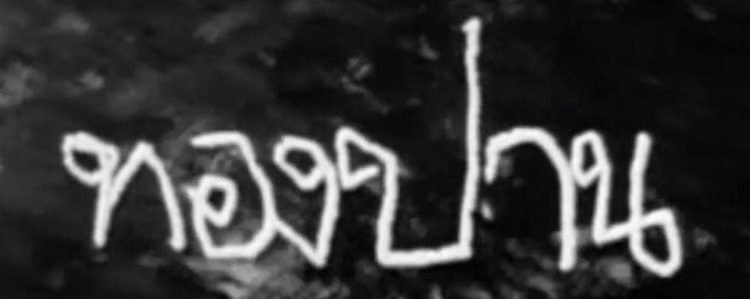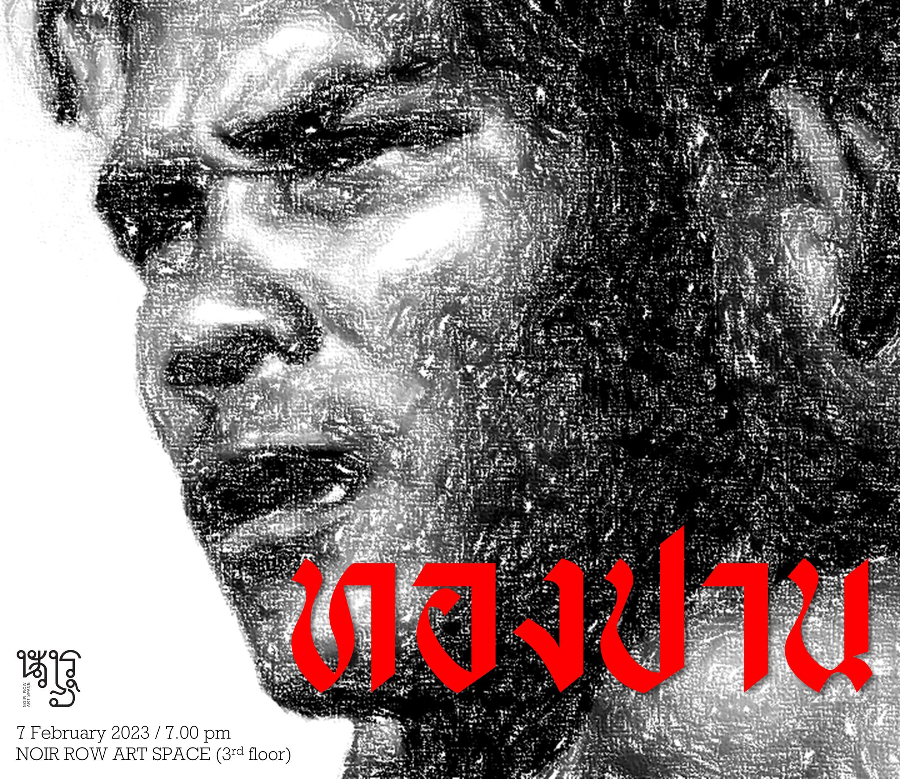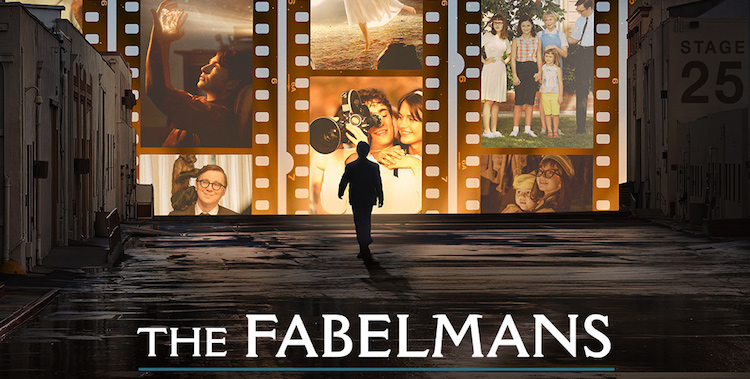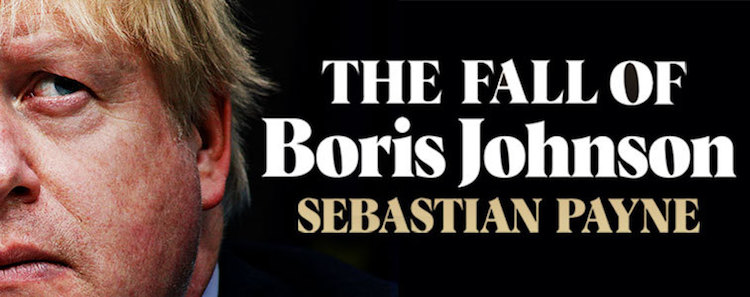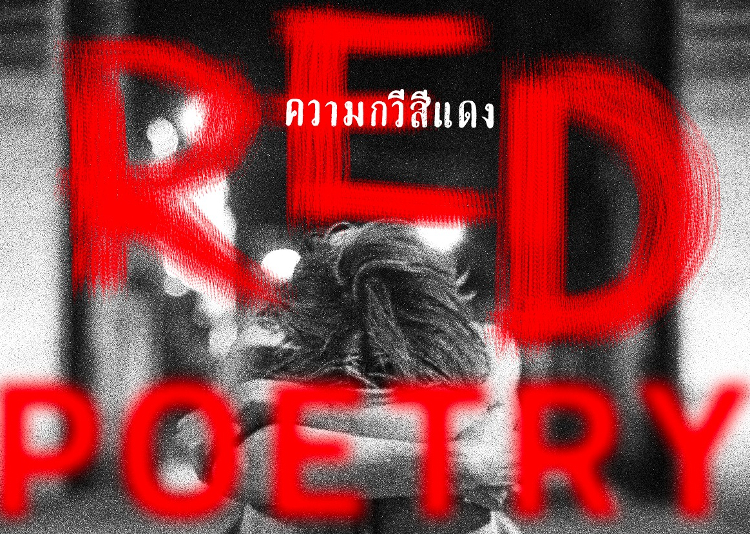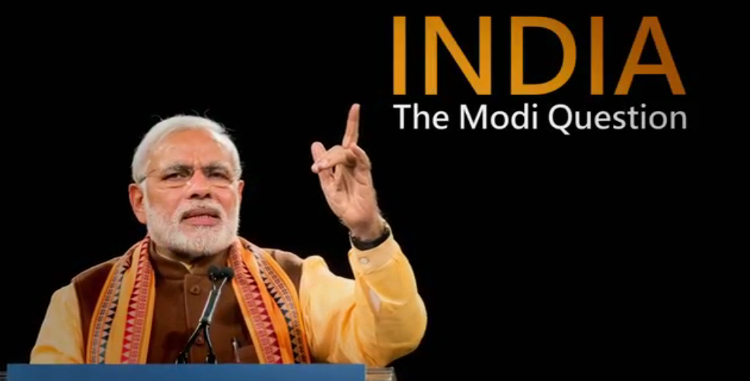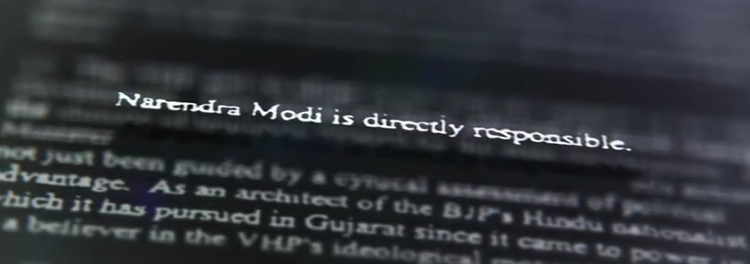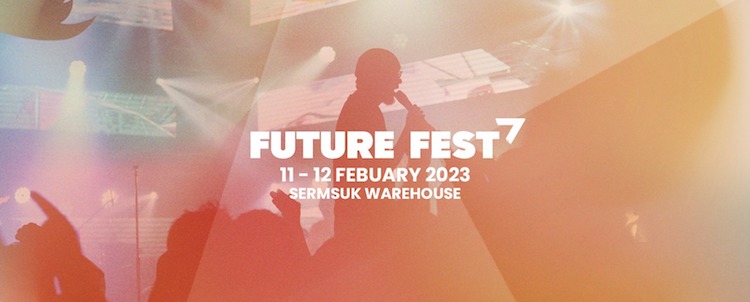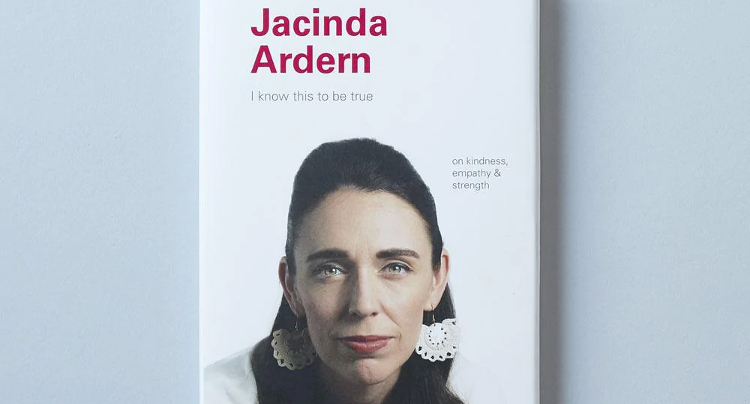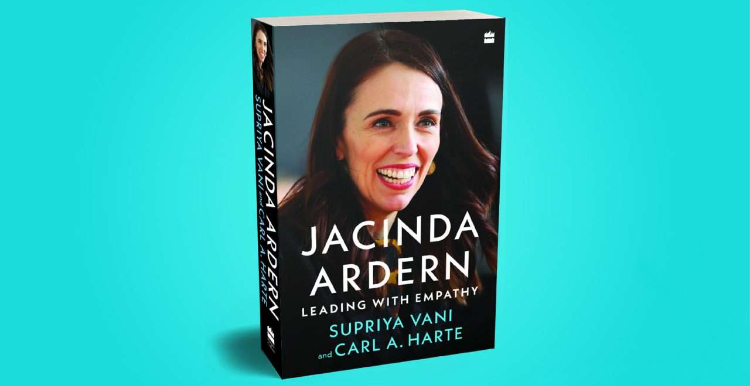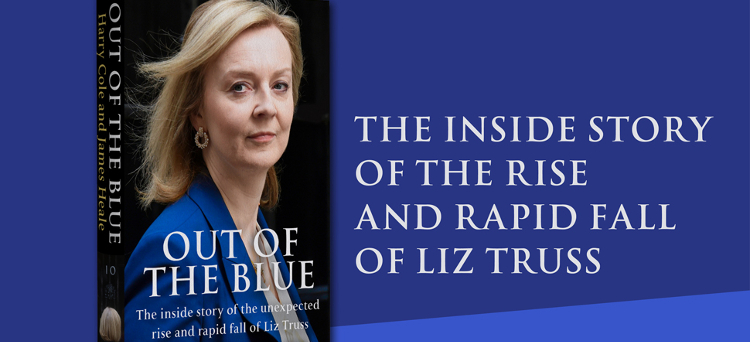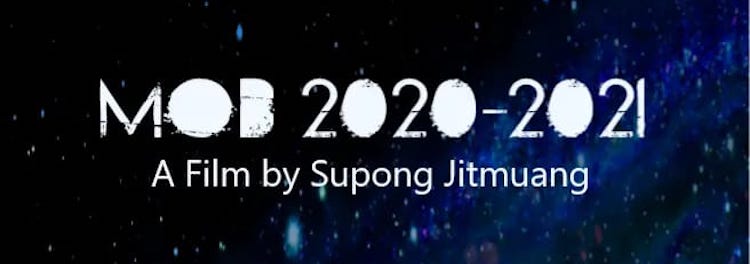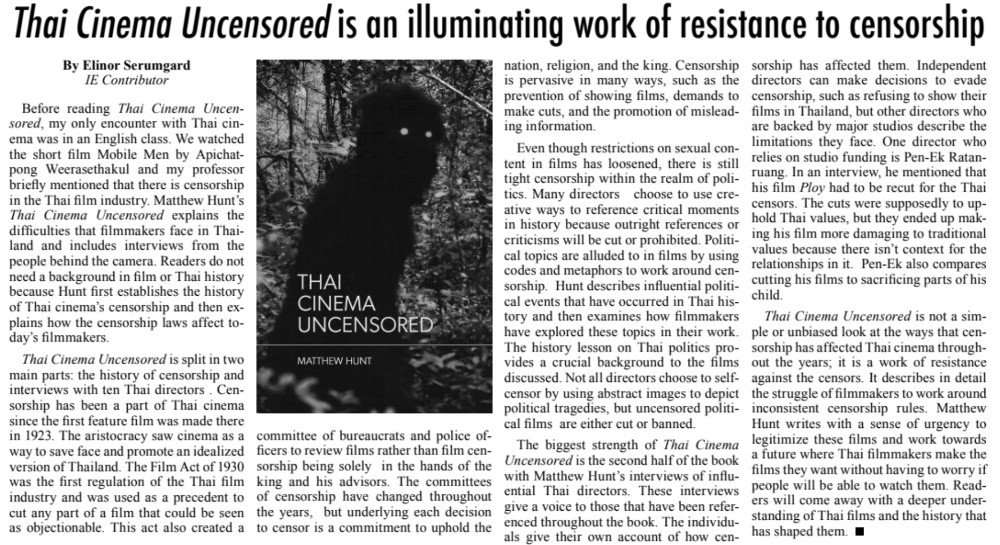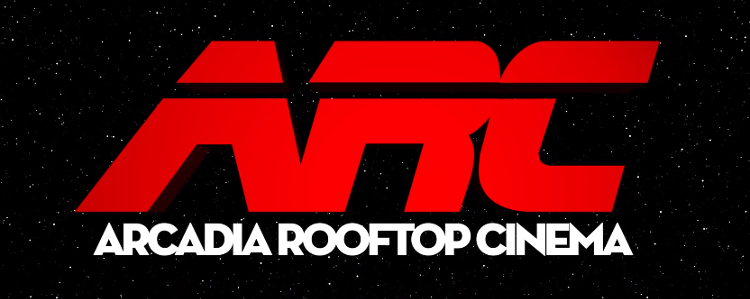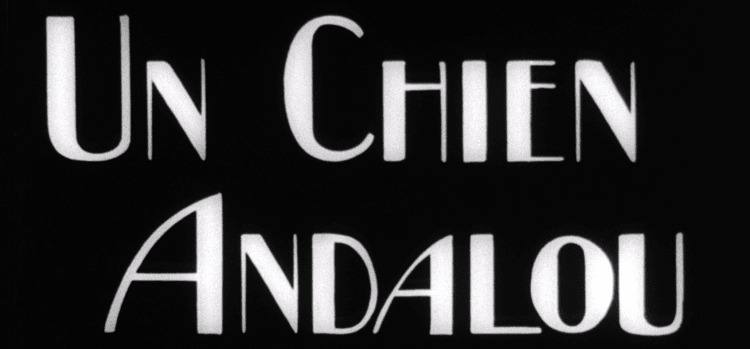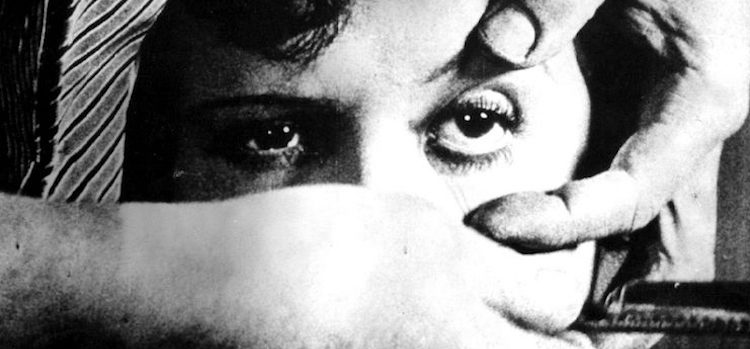“A book is being written about the Prime Minister’s time in office. Apparently, it’s going to be out by Christmas. Is that the release date or the title?”
Opposition leader Keir Starmer’s quip during Prime Minister’s Questions on 19th October last year was even more prescient than he imagined. Although Liz Truss assured him that she was “a fighter, not a quitter”, she resigned as PM the very next day. Truss channelled the defiant words of former politician
Peter Mandelson, and Starmer copied his joke from
Private Eye magazine (no. 1,584), which described the Truss book as “
out on 8 December. (The book, that is, not its subject)”.
Like the PM, the book,
Out of the Blue, was out sooner than expected, released last November. (The subtitle was also changed—from
The Inside Story of Liz Truss and Her Astonishing Rise to Power, to
The Inside Story of the Unexpected Rise and Rapid Fall of Liz Truss—to reflect her sudden downfall.) Truss served just forty-nine days in office, and the book was written almost as rapidly. Authors Harry Cole and James Healey make no bones about this: “We decided to write this book quickly, so those of you expecting Robert Caro will be disappointed.” But there’s nothing remotely rushed about this extremely well-sourced biography.
The most toxic element of the ‘mini budget’ that ultimately led to Truss’s resignation—the removal of the maximum 45p tax rate—was swiftly abandoned, and the book quotes Truss telling her Chancellor, Kwasi Kwarteng: “we need to rip off the plaster.” Similarly, in a
Sunday Times article published online on Christmas Eve 2022, Tim Shipman quoted Truss as saying: “we’ve got to tear the plaster off.” These two accounts validate each other, though on 10th December last year the
Financial Times implied that the decision was made by Chancellor himself: an
FT Weekend Magazine article on Truss’s premiership by George Parker, Sebastian Payne, and Laura Hughes referred to “Kwarteng’s U-turn on the top rate of tax”.
Cole and Healey interviewed Truss twice for their book, the second session taking place shortly after the mini budget. In a
Spectator article published on 29th October last year, Healey wrote that his abiding memory of that interview was “the unnerving calm of the Prime Minister even as the markets were in full panic mode.” They also spoke to Kwarteng and former PM Boris Johnson, amongst others. Although Truss cooperated with the writers to some extent,
Out of the Blue is an objective portrait rather than an authorised biography. It’s the absolute ideal model for a biography of a living person: exclusive access (via multiple interviews with the subject), without sacrificing any editorial independence.
In fact, although both authors are right-of-centre journalists and Cole (political editor of
The Sun) reportedly received regular off-the-record briefings from Truss, they are largely critical of her time in office. They describe the mini-budget, for example, as “one of the worst errors of the past 100 years in British policy making.” They even question her integrity, accusing her of a “fatal error—and one that involves a question of honesty”, namely the deliberate downplaying of her planned fiscal reforms.


